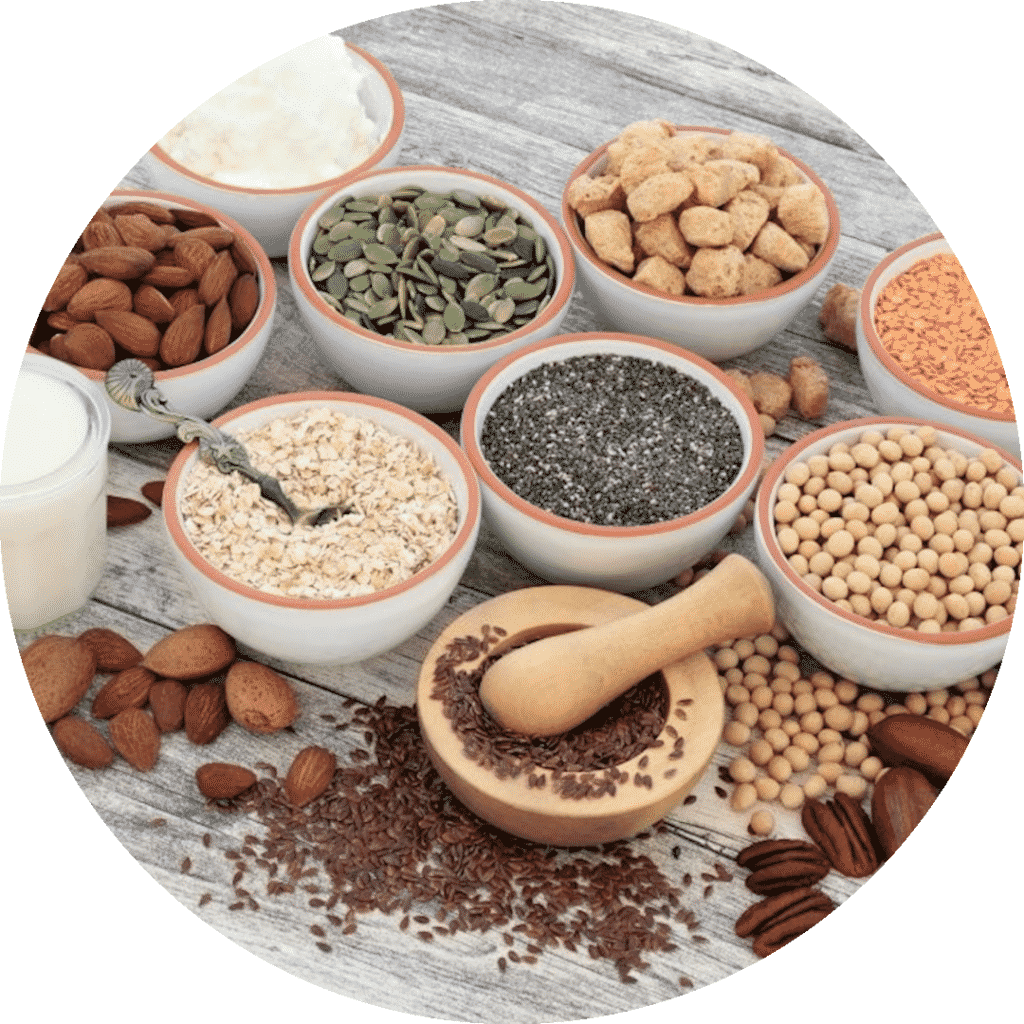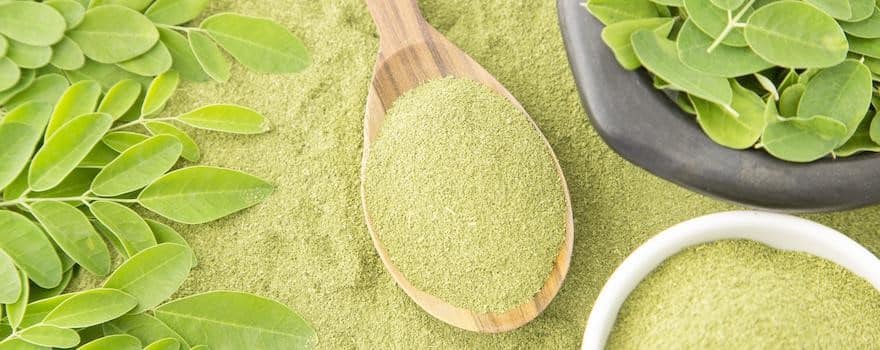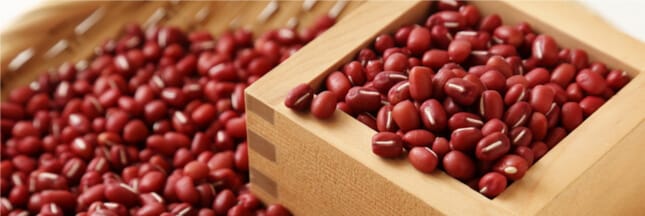
The benefits of vegetable proteins
For several years now, health authorities have been warning about the excessive consumption of animal proteins, sources of cardiovascular disease, obesity and bad cholesterol. Vegetable proteins contain the amino acids necessary for the body and provide the body with the energy it needs for its daily functioning.
Where to find vegetable proteins:
- in legumes: white beans, mung beans, chickpeas, soybeans, lentils
- in cereals: barley, wheat, corn, rice, buckwheat, oat care, millet, spelt, quinoa
- in oilseeds: walnuts, almonds, hazelnuts
- in vegetables: broccoli, spinach, cauliflower
- other: tofu, parsley, spirulina
Spirulina: 65g of protein per 100g
Very often mistakenly considered an alga or a plant, spirulina is a blue-green micro-bacterium that grows naturally in the warm waters of lakes in India, Mexico and Chad. After harvesting, it is dried and usually ground into powder. It can be mixed or blended with food. Extra rich in proteins, spirulina concentrates vitamins, essential fatty acids and minerals.
Tofu: 36g of protein per 100g
Tofu or soy cheese is a food of Chinese origin, made from the curdling of soy bean milk. Rich in magnesium, manganese, essential fatty acids, zinc, calcium ... it contains all the amino acids essential to our body. Low in calories, it is an excellent health and slimming ally. With its rather neutral taste, it can be mixed with all your culinary preparations. Eat it crumbled, grated, diced or pureed.
Quinoa: 14g of protein per 100g
Quinoa is a popular reference for vegans and other gluten intolerant people. Quinoa contains a large amount of high-quality protein and unsaturated fatty acids. An antioxidant source of fibre, vitamins and minerals, it helps prevent cardiovascular disease and diabetes. Sigdal gluten-free quinoa and sunflower crackers contain 18.5g of vegetable protein per 100g.
Moringa powder: 27g of protein per 100g
The moringa is a tropical tree that grows in India, Africa, South America and the Caribbean. From the moringa, the seeds, roots or crushed leaves are eaten in powder form. In terms of taste, moringa powder has a flavour similar to green salad. Rich in protein and fibre, moringa also contains phyto-nutrients, magnesium, potassium, iron, calcium and amino acids. Indian Ayurvedic medicine says that moringa can cure and prevent up to 300 illnesses, including fever, malaria, diabetes ... and strengthen the immune system.

Hemp seed: 26g of protein per 100g
Derived from the plant commonly known as the "marijuana plant", the hemp seed is extremely rich in nutrients and packed with health benefits. An excellent source of protein, rich in vitamin E and good fats (unsaturated fatty acids), hemp seed helps maintain healthy arteries, digestive system function, hair and skin. Endowed with a power of satiety, hemp seed will seduce those who wish to control their weight.
Lentils: 25g of protein per 100g
Whether they are green, blond, black or coral, these lentils have different tastes and cook differently. Nevertheless, they have all long been appreciated for their nutritional qualities!
A legume rich in iron and protein, the lentil provides the essential nutrients for energy and tone. With their fibre content and very low glycemic index, they contain little fat and promote satiety, which has a very positive effect on our waist circumference!
The Azuki bean: 25g of protein per 100g
Another star on the list of vegetable proteins and still little known in France, the azuki bean, native to Japan. A concentrate of proteins, vitamins and mineral salts, it is known to be a real shield against cardiovascular disease. Facilitating digestion, it stimulates the kidneys and promotes the elimination of toxins.

Sesame seeds, sunflower seeds, almonds: 18g of protein per 100g
True nutritional nuggets, oil seeds are rich in good fatty acids, fibre and protein and therefore excellent for our health! They contain phytosterols that effectively control cholesterol levels and vitamin E that helps fight against aging. Their high fat content requires moderate consumption.
Soya: 36g of protein per 100g
Soy is a legume native to East Asia full of health benefits. Rich in protein, soy is also an important source of iron, magnesium and calcium. Low in saturated fatty acids and free of cholesterol or lactose, it is ideal for vegetarians or those who want to eat less meat.
Soya is also known for its virtues during the menopause, against overweight or osteoporosis.
Soya comes in many forms, it is consumed in drinks or yoghurts, raw or cooked in salads or soups.
A number of vegetable proteins can be found in Norwegian Sigdal crackers, especially in the cereals and oilseeds used in our recipes.

